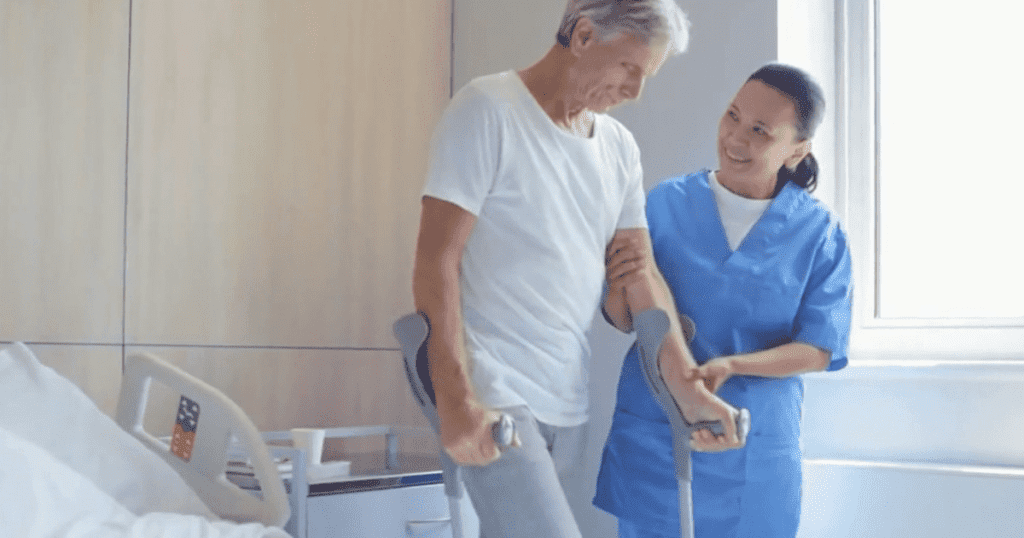

Senior Caregiving
What Are The Signs It’s Time to Consider Assisted Living?
SonderCare Learning Center

SonderCare Learning Center
What Are The Signs It’s Time to Consider Assisted Living? As a parent or grandparent ages, many of us try taking care of them on our own for as long as possible. It becomes difficult over time, and soon becomes more than we are able to handle. Despite modern medicine making it possible to live a longer, healthier life, living alone can be a challenge in itself. Many seniors don’t want to talk about leaving their family home, as it is a sad subject for them to consider. That said, a few quick signs will show whether an assisted living facility is the right move for you or your loved one when starting this crucial discussion.
In addition to growing tired and frustrated with the amount of care required by your aging relative, you may want to consider assisted living if you, or your caregiver, are becoming more and more exhausted conducting daily care routines. Maybe your loved one is becoming highly dependent or less capable of handling things on their own, which is beginning to affect the primary caregiver. This is a clue suggesting an assisted living facility might be the right choice.
As daily activity, exercise and regular routines begin to slow, your muscles begin to weaken and your bones become more brittle. Eventually, your loved one will be in need of more frequent trips to the doctor or specialist. The need to undergo frequent medical monitoring can be a sign that an assisted living facility may be right for you, regardless of whether there is a chronic condition that is getting worse or a recovery from an injury that is taking longer than expected.
Falls and accidents become steadily more frequent the older you get. Many seniors fall in the shower or while getting out of chairs or beds. Others have accidents while outside the home and exerting themselves physically. Unfortunately, there are even those who fall when they are unsupervised and are not able to get up on their own. As an assisted living facility always has staff on hand, it might be a good option to prevent emergency medical scenarios.
Older adults may have difficulty performing basic personal care tasks. In fact, a whole range of activities become daunting. Dexterity decreases, which can make flipping pages, pushing buttons and opening doors difficult. Our loved one’s are less able to perform tasks like dressing, bathing and shaving, as well as duties that require detailed movements, such as counting change. One example that may prompt you to consider assisted living is if your loved one claims to bathe and dress themselves on a daily basis, but you notice a faint odor or clothes they are wearing repeatedly.
As we age, we naturally become more aware of our own eating habits. It is common for older people to want to reduce portion sizes and feel less appetite. Seeing food spoil in your loved one’s refrigerator or watching them rapidly lose weight may indicate that they are not eating enough. An assisted living facility could be the best answer for your family in this case.
A person’s health depends on the cleanliness and clutter-free environment of their house. Keeping up with chores, such as laundry, as you age will become increasingly challenging. If you are unable to do so, it may be time to consider assisted living. A house in disarray further increases the risk of accidents and falls.
Without a companion, most people are not just sad, they are actually quite dangerous. In isolated seniors, depression can set in, which can lead to further isolation and worsen depression as it progresses. Assisted living facilities could revive the social interaction and happiness of your loved one, especially if many of their friends have already passed away or their social activities have decreased.
You may be able to decide whether you should consider assisted living based on the safety of your loved ones present situation. Getting up and down stairs can become difficult for older people, which might lead to falls or leaving daily chores undone. Additionally, the location of your loved ones home could be dangerous if they wander – for example, a busy street in town.
Family members and friends of someone with memory loss face a lot of challenges when caring for them. As older adults age, their memories can become increasingly impaired, and they may have a hard time remembering cherished events, as well as staying on top of their medication schedules and making appointments. Considering assisted living becomes essential when signs of certain cognitive impairments appear.
Family members and friends of someone with memory loss face a lot of challenges when caring for them. As older adults age, their memories can become increasingly impaired, and they may have a hard time remembering cherished events, as well as staying on top of their medication schedules and making appointments. Considering assisted living becomes essential when signs of certain cognitive impairments appear.
The cognitive decline or memory loss associated with aging can lead to someone becoming combative. A caregiver may be at risk as well as the aging loved one if an aggressive situation occurs, and staff at an assisted living facility are trained to handle such situations.
Older drivers are at risk of serious injuries when driving recklessly. A worsening driving record or doing things they would not normally do may indicate a need for assisted living. Luckily, transportation is often included with assisted living facilities. You should consider other housing options if you begin to notice traffic violations, or unexplained or frequent scratches and dents on the vehicle.
It may be one of the most painful and trying times for some seniors to go through this process. When you have accumulated a lifetime of possessions, downsizing is a difficult thing to do, even when you are looking forward to assisted living. Don’t be impatient or rude, be kind, and remember that all the focus should be on your loved ones or parents. It will take some time for them to settle in to their new home, but they will probably enjoy the change once this rocky period has passed. Alternatively, you can begin to explore senior home care or senior home proofing and even setup a home hospital if assisted living becomes unrealistic for your situation.
Keeping these 12 signs in mind the next time you feel overwhelmed with caring for your loved one may help you to decide whether or not you should consider assisted living.
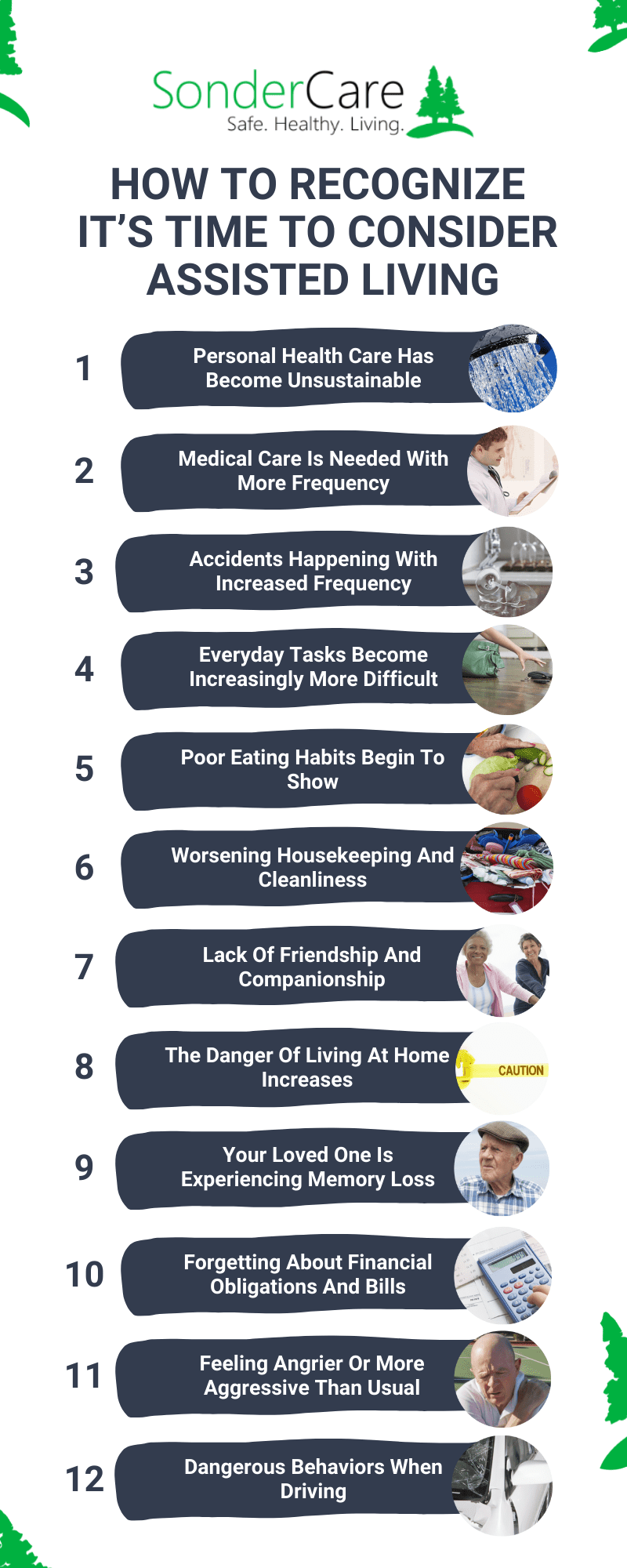
The conversation should be two-way; this is not a speech. When talking to your parents about assisted living, make sure you discuss all the amenities available. No matter their age or mental state, do not speak down to your parents during the conversation as they are entering a very challenging phase of life.
With daily dining, activity, and socialization opportunities available in assisted living communities, your loved one can improve his or her overall health and well-being, as well as their emotional well-being. Caregivers and their loved ones could benefit greatly from senior living if it is the right financial and emotional fit at their current stage of life.
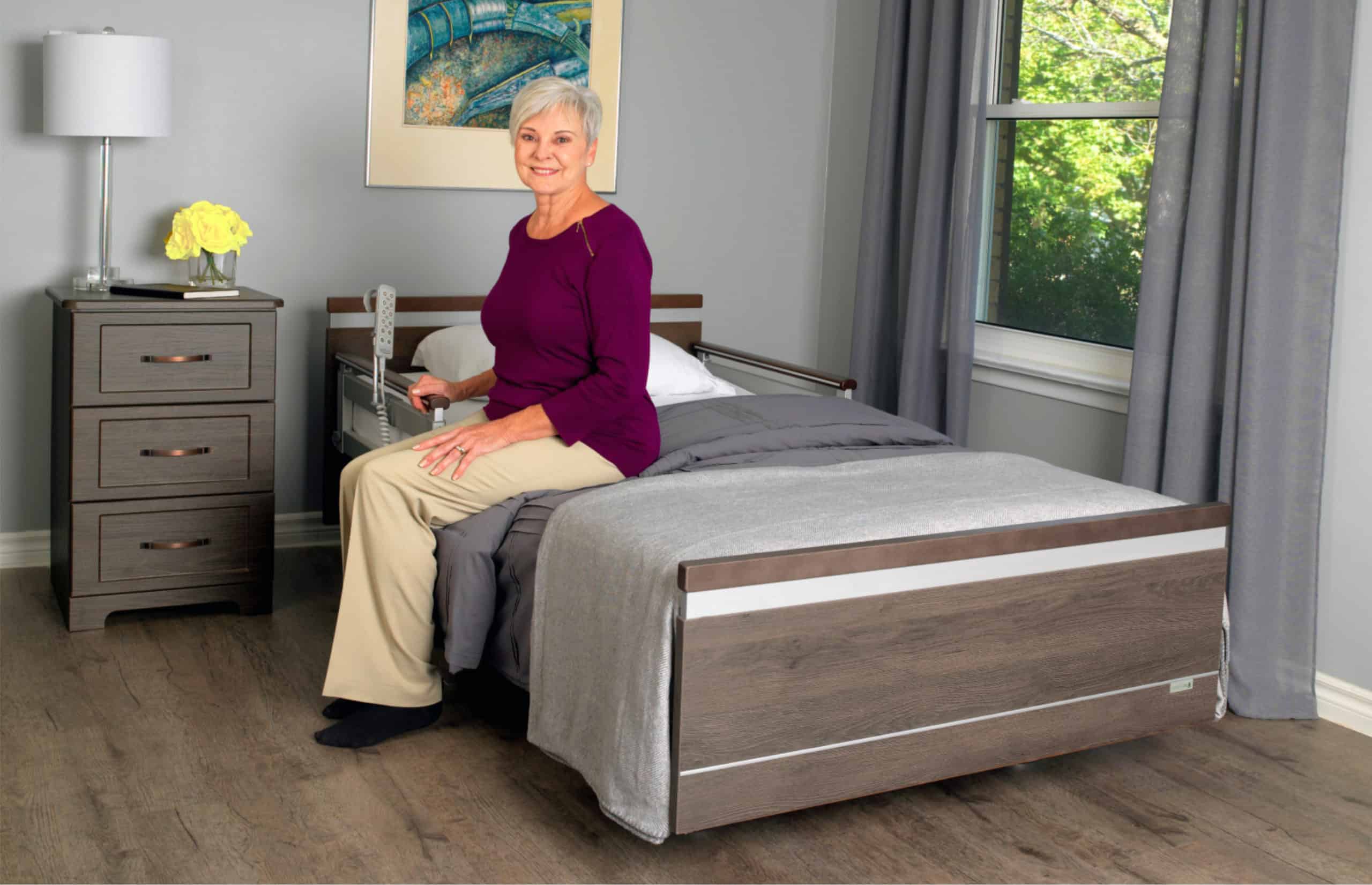
The SonderCare™ Bed is like nothing else on the market today. Designed to conform to the latest international standards, this product provides you with a sense of safety, comfort, and greater independence than standard flat or adjustable beds.
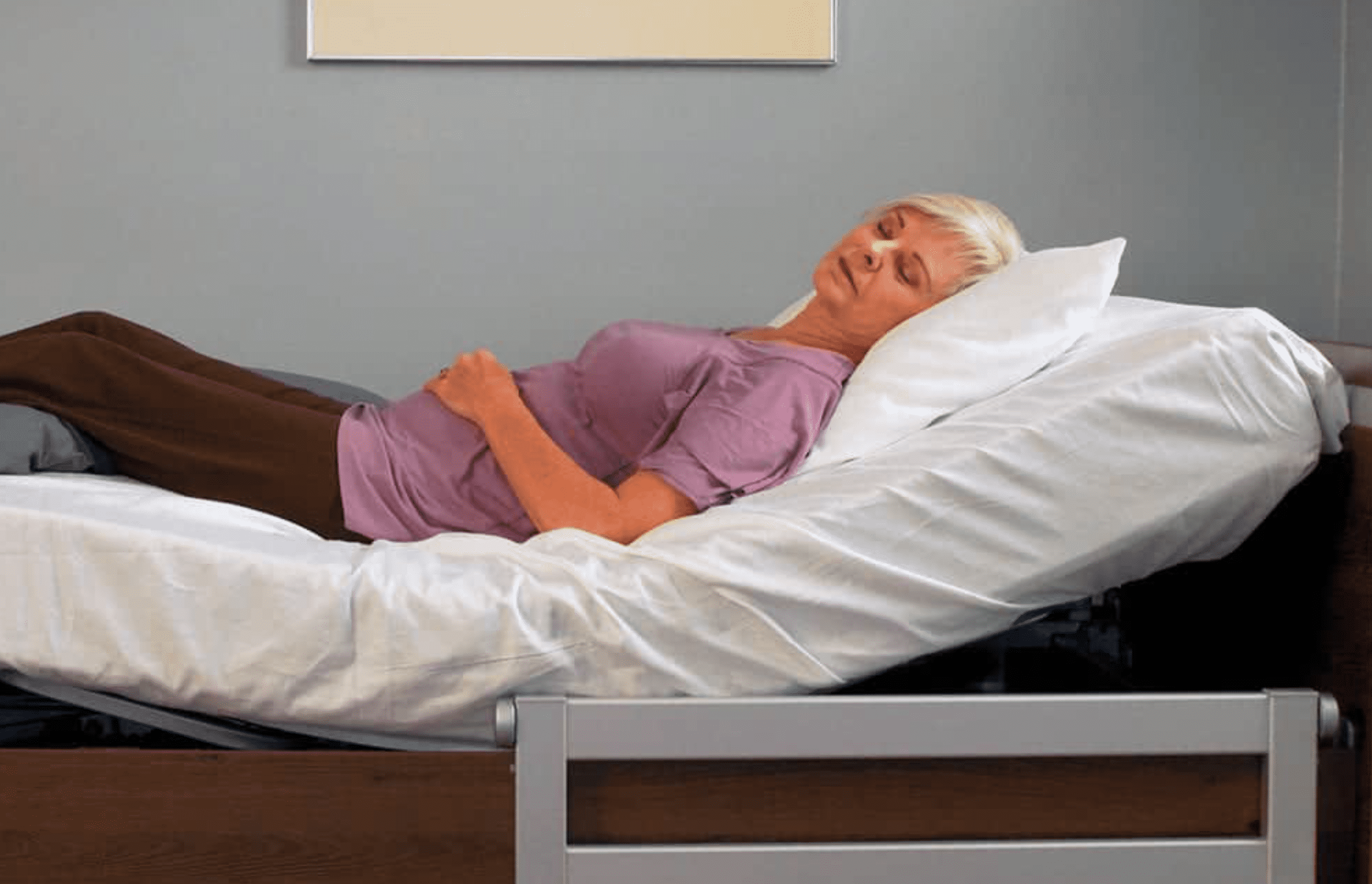
SonderCare offers the Comfort™ and Dream™ pressure reducing mattresses that provide exceptional comfort, support and durability for health care communities and home care settings.
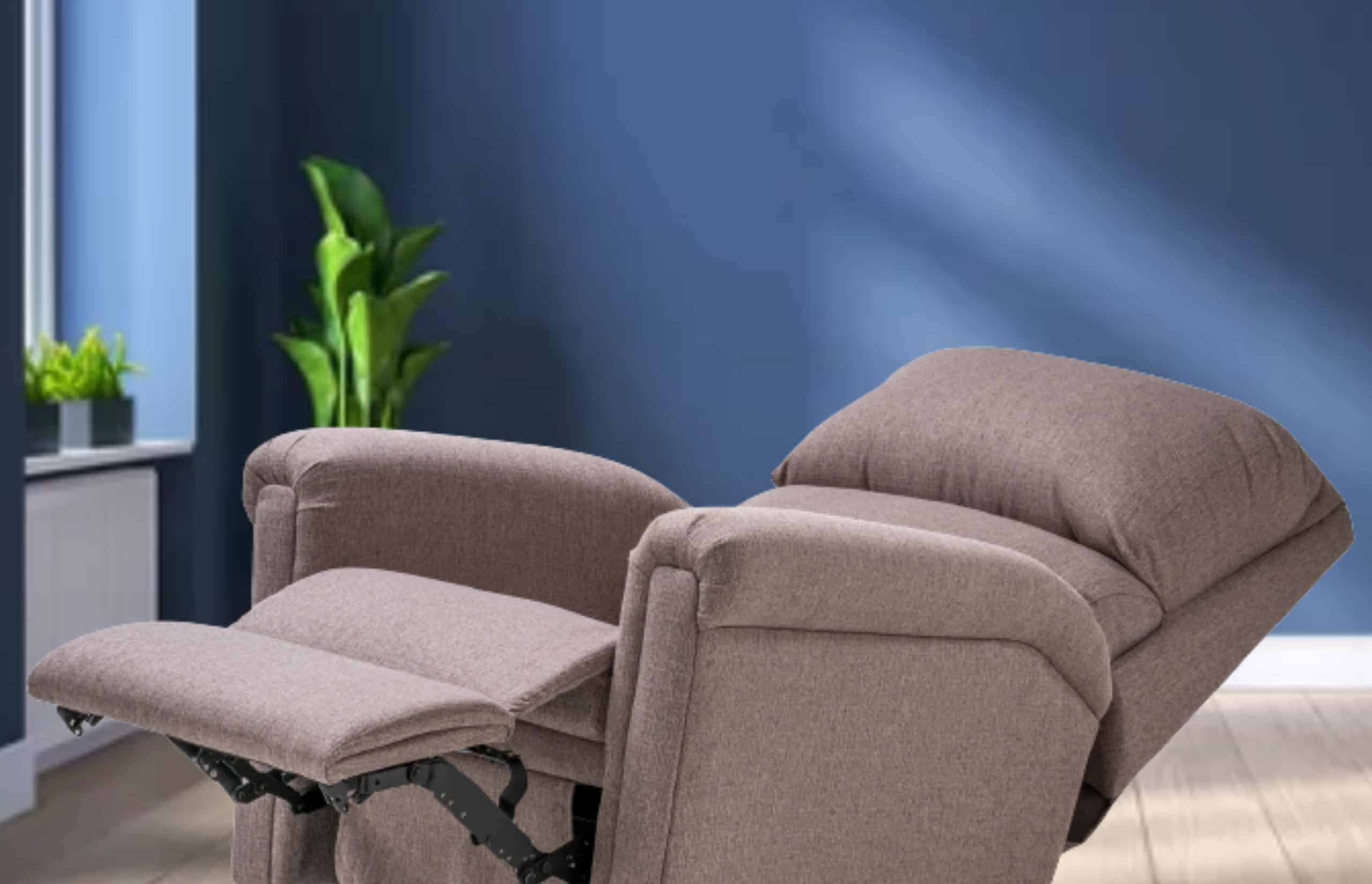
SonderCare’s fully-electric Rise & Recline Chair supports users in shifting from a sitting position, to fully reclining flat and then boosting up to standing when desired – this chair helps support comfort as well as safe mobility.

SonderCare’s fully-electric Rise & Recline Chair supports users in shifting from a sitting position, to fully reclining flat and then boosting up to standing when desired – this chair helps support comfort as well as safe mobility.
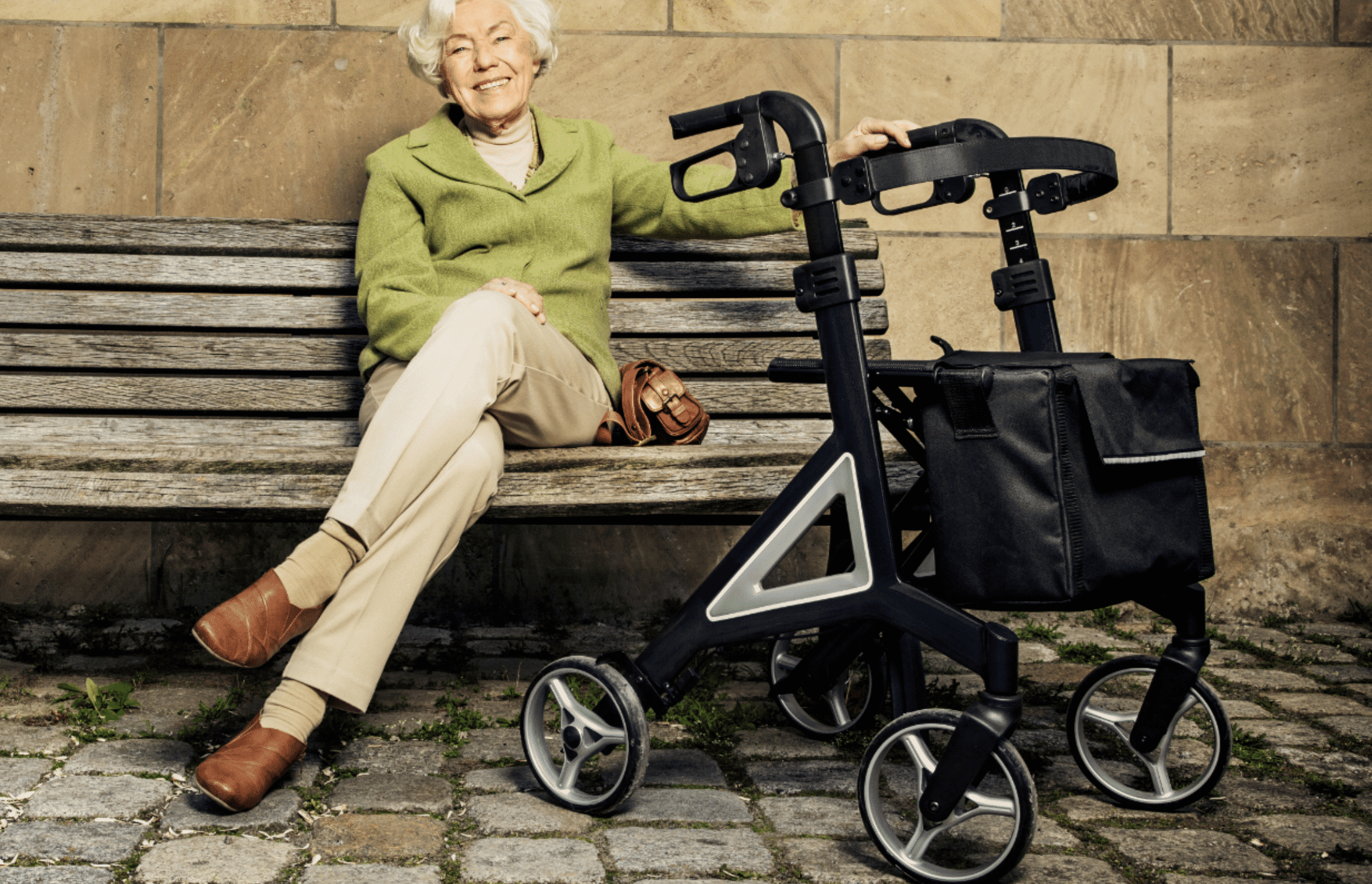
SonderCare premium rollators are the ultimate lightweight, ultra-stable rollators to keep you secure and comfortable in any setting. The Ultralight Carbon and the rugged Aluminum models are both ergonomically designed and adjustable to suit the needs of every user.
Start Your Senior Caregiving Products Inventory With SonderCare
Are you recently discharged from hospital, experiencing mobility issues, or in need of palliative or senior care? Enjoy a smoother recovery and get the luxury you deserve by choosing our home hospital products. Contact us today to discuss home hospital beds, mattresses, stand assist chairs and other accessories to make your home hospice perfect for a truly comfortable experience.
Are you looking for the most recent articles on buying home medical supplies? Browse our latest resources below and let us know if you have any questions. We’re here to support you as you embark on your road to home medical care.
Seeking The Best Care For Your Loved One?
Browse North America's Luxury
Senior Caregiving Products
Inventory